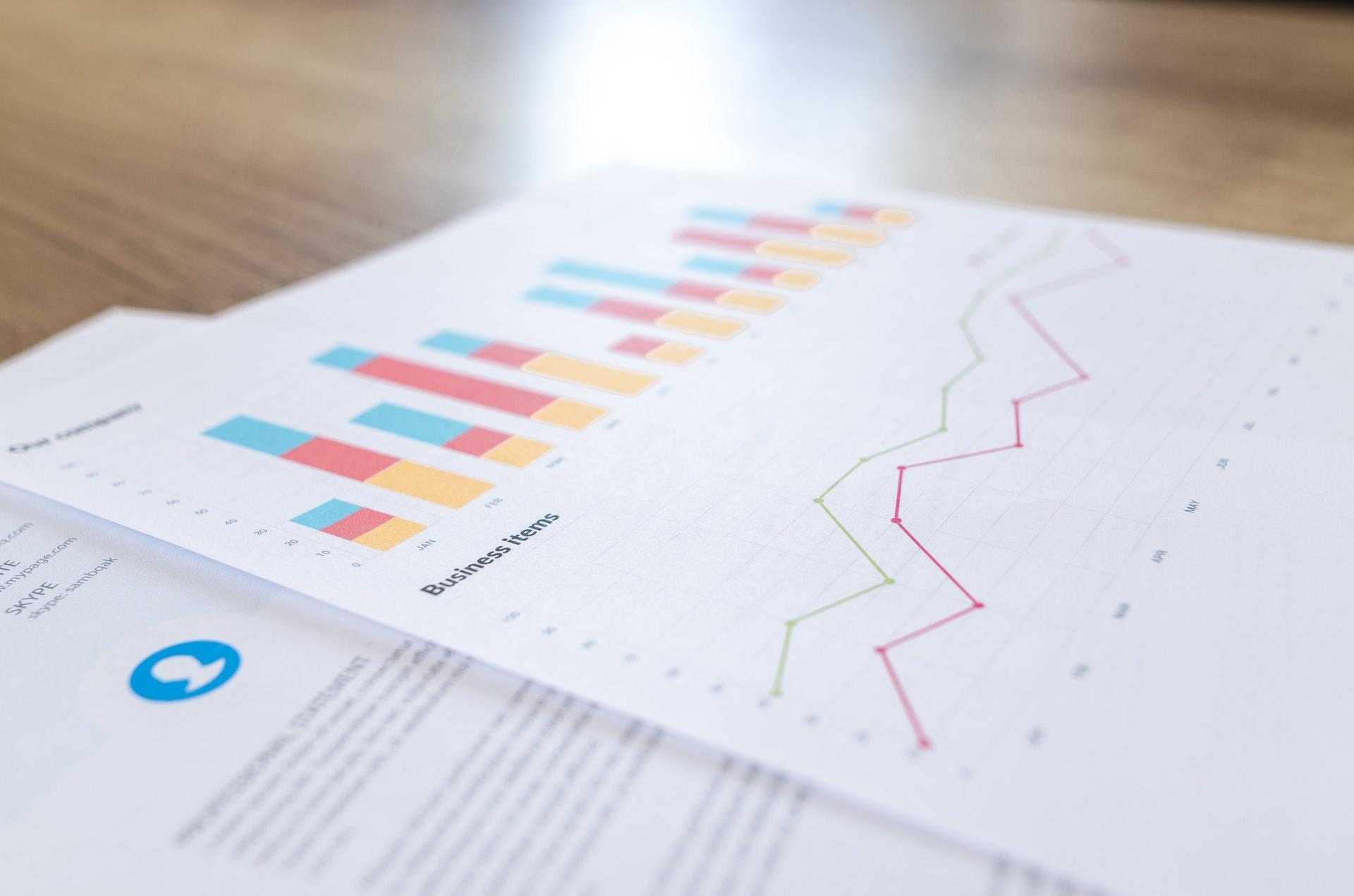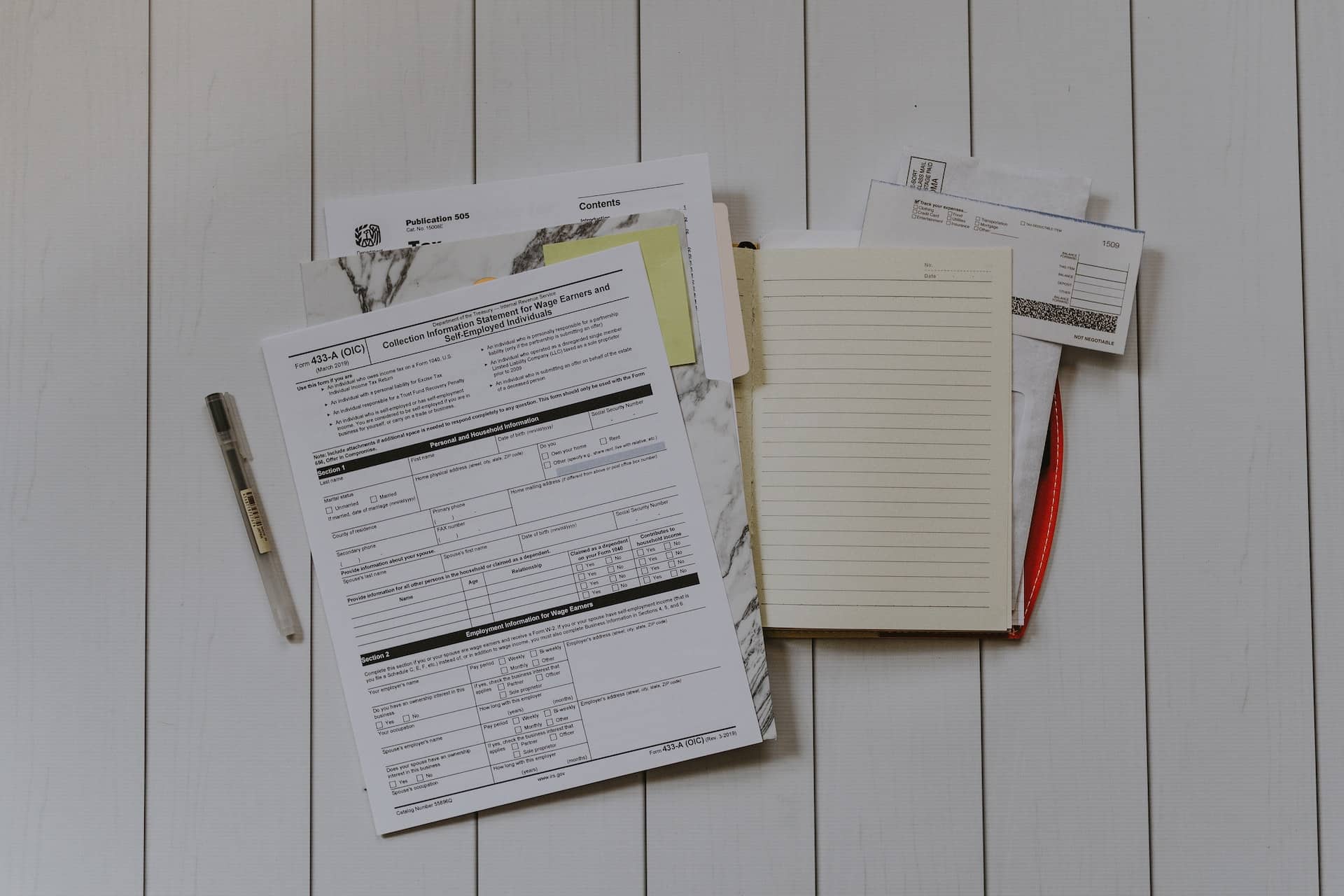Long before there was anything like the personal computer, smartphones or other digital devices, accountants were in the same league as nerds. As you know, today, the terms 'nerd', 'geek' and 'dweeb' are badges of honour for quirky people with quicksilver intelligence. Fifty years ago, being called any or all of those names was gravely insulting. Many people relegated accountants to that status. Fortunately, these days, accountants enjoy the current reputation such a moniker brings.
Here's why. First and foremost, to become an accountant or an auditor in Australia you need a Bachelor's Degree or a Master's in Accounting. Earning just the undergraduate degree generally takes at least three years. University accounting courses are open to anyone over 17 years who has completed year 12 with an appropriate Universities Admission Index. To take your studies further, you need to know what type of accounting you want to specialise in.
Accountants and auditors may specialise in many different types of accounting. Management accounting centres on budget forecasting, cost reports and statistics. Financial accounting focuses on producing financial statements based on market trends and companies' performance in the markets. Tax accounting is the accounting speciality we're most familiar with. It revolves around advising companies on how to complete their tax forms and if they can claim taxes back at some point.

Though you must have at least a Bachelor's degree, you don't need a degree in a specific subject to become an accountant. An analytical mind and a love for numbers are enough to get you started on your desired accounting career. Especially considering you will probably spend a lot of time reading accounting-related materials.
What if you want to be an accountant manager or a finance manager? What if your ultimate career aim is the Chief Financial Officer position of a listed company? With your undergraduate's degree, the road may have a step or two but it is not impossible to achieve. For such an aspiration, plan on securing your Masters in Business Administration (MBA) or other advanced finance-accounting degree. But let's not spill all the beans here; the meat of the matter rests below.

Accounting Qualifications to Think About
If you're organised, good at maths love to solve problems, accounting could be the career for you. Granted, we outsource more and more of our maths and problem-solving tasks to technology - software, in particular. Still, people believe that accounting jobs will be around for quite a while. That's because accounting demands human thought processes that artificial intelligence (AI) cannot duplicate.
Let's consider forensic accounting. That's the branch of accounting that examines financial records to determine criminal activity. A well-written computer program might accounting discrepancies better than the average human. However, computers know nothing of intent or what such bookkeeping errors might mean. Only a trained forensic accountant is capable of such deductive reasoning.
Join an online accounting class today on Superprof.

Our forensic accountant scenario is just one example showing that software cannot completely dominate accountants' and auditors' work. Now, for another, more prevalent reason. Accounting work has moved away from the 'bent over the ledger', Bob Cratchit stereotype. Today's accountants engage in consultancy as well as bookkeeping. If you've ever been annoyed with a chatbot when asking vital questions, you realise how impossible it would be for AI to to completely take over the accounting career field.
Now, on to the points in favour of accounting careers. You can also work in any industry you want. Accounting skills are needed in government and at every level of industry. Even mom-n-pop shops need accountants. Being able to calculate advantageous tax rates and recommend tax-saving investments makes you an all-rounder. Companies in the world need your knowledge and expertise.
Do you know The Big Four: Ernst & Young, Deloitte & Touche, KPMG and PricewaterhouseCoopers (PwC)? Together, those four accounting firms audit most of the 350 biggest Australian companies. They employ more than one million people around the world, including Australia.
The average Australian salary for accountants ranges from $65,000 to $75,000 a year. As in other career fields, how much you earn depends on your level of education and experience. However, unlike other jobs, as an accountant, you're set to earn a good wage right from the get-go. And getting your accounting qualification has never been easier. An accountant or auditing career offers great salaries to those with the sought-after skills. And who knows? You'll might even have the chance to work in accounting offices all around the world.
Are there Downsides to Being an Accountant?
Some might think that unemployment rates for the accounting industry being lower than the national average is bad news. If there are no unfilled jobs in accounting, what chances might you have of landing your dream job, right? That's not exactly how it works. For one, that bit of news simply means that accountants are hired as soon as they're educated. For two, the demand for qualified accountants keeps growing.
And that's just for accountants working in accounting jobs. It doesn't include teachers and accounting tutors. As you likely well know, you can't teach a subject you know nothing about. So even if you can't imagine yourself poring over ledgers all day - or the digital equivalent thereof, you can earn your accounting degree and teach others how to do it.
In Australia, the demand for qualified accountants doesn't look to end anytime soon. The finance industry is a major source of our country's gross domestic product (GDP). It then stands to reason that anyone who can keep the books balanced and the finances in order can count on long-term, gainful employment. Let's find out what it takes for you to secure your place among Australia's accountants.
Search for an accounting tutor Brisbane here on Superprof.
How to Become an Accountant: Required Training
As noted above, a Bachelor's or Master's Degree in accounting is required. The undergraduate programs are generally three-year courses. These degree programs are open to anyone over 17 years who has completed Year 12 and earned a suitable Universities Admission Index. You might aim for a Bachelor of Accounting or double your employability with a Bachelor of Accounting and Finance.
A Bachelor's degree is enough to land you an entry-level position in any accounting office. But if you'd rather specialise in a particular accounting field, you can complete a postgraduate course such as a Masters in Professional Accounting. This is a two-year course for students who have previously attained a degree in any field, not necessarily accounting. Upon graduation, you should apply for entry into one of Australia's professional accounting bodies that regulate and accredit the accounting industry in Australia.

Accounting Qualifications: Licensing Bodies
Completing a university study program is commendable, no matter the subject or discipline. You can't quite rest on your laurels just yet, though. Just as barristers must certify their skills at the Australian Bar Association before they can practise law, prospective accountants must test their mettle. You have a few such associations to choose from.
CPA Australia
Certified Practising Accountants Australia (CPA Australia) is one of the world's largest accounting bodies. As of 31 December 2020, it boasts a global membership of 168,736 in more than 100 countries. Their core services include education, training, technical support and advocacy.
CPA Australia employees and association members work together with local and international bodies to represent the views and concerns of the accounting profession. Governments, industry regulators and corporations benefit from their involvement in growth and educational initiatives regarding accounting. Naturally, CPA Australia works closely with academia. They even work with the general public to help 'civilians' understand accounting intricacies.
That sums up their outreach programs, albeit in very general terms. What does CPA Australia membership do for accountants? Quite a lot, as it turns out. They offer continued training to already-qualified accountants. The training includes expert courses and online learning designed to increase the knowledge of accounting and finance professionals in key learning areas.
Accountants need ongoing education in part because of ever-changing tax laws. As Australia modifies its tax codes to keep pace with modern financial times, accountants have to stay on the cutting edge of those new regulations. New accounting tools and practices are another reason for such initiatives.
Let's say CPA Australia recently invested in new accounting software. Before they launch it, they need to be sure everyone knows how to use it. Thus, they would grow their members' skillset through live and recorded webinars. They might host online courses to introduce the new platform and enhance your practical and soft skills.

The Institute of Public Accountants (IPA)
The IPA also offers education pathways, much for the same reasons that CPA does. However, future accountants can continue their accounting principles education through IPA's specialised courses. The first award they grant is the Graduate Certificate of Public Accounting (GCPA). The GCPA comprises of 4 units: a core and compulsory ethics unit and 3 electives.
The 3 electives will partially or fully meet the educational requirements for your statutory registration. You will need these credits for your tax practitioner or financial planner license. They will also help with your plans to move to a Registered Cost Accountant (RCA) compliance offering.
IPA's second offering is called The Professional Sequence. It's promoted in tandem with the Deakin University Master of Business Administration (MBA) degree program. The MBA consists of six units, subject to recognition of prior learning. It is largely unchanged from comparable programs. It focuses on personal, practical and professional development.
The Professional Sequence extends to all their members the techniques that promote smarter working, business growth and change management initiatives. But with either program, you should not have any problems finding work. IPA designed their courses around building network connections and securing employment opportunities for their core membership group.
As two of Australia's three accounting bodies, you'll be in safe hands at either IPA or CPA. You can pursue further studies after you earn your university degree. To assure your academic success ahead of your undergraduate-level studies, you should consult with Superprof's VCE accounting tutors.
The Association of Accounting Technicians (AAT)
The Association of Accounting Technicians was created from the merger of the Institute of Accounting Staff and the Association of Technicians in Finance and Accounting in 1989. Today it counts more than 140,000 members worldwide. It provides the minimum qualification for anyone wanting to start their accounting career.
The AAT is also a member of the International Federation of Accountants, giving its provided certification recognition everywhere on the planet. AAT and Monarch Institute have teamed together in a strategic partnership to present outstanding training opportunities to bookkeeping professionals on their career journey. Among its distinctive certification opportunities, we find the Diploma of Payroll Services
The Diploma of Payroll Services is a recent addition to the Financial Services Training Package. This new diploma-level qualification was developed in consultation with the industry. It's tailored specifically to the needs of accounting technicians working in payroll departments. In addition to technical skills, the qualification includes a variety of legal, customer service and interpersonal skills units of competencies that’ll help round out your capabilities as a payroll professional.
Their Certificate IV in Accounting and Bookkeeping is an alternate certification program. Again offered in partnership with Monarch Institute, they make clear that AAT-Monarch Institute studies will leave you with more than just a piece of paper. As a graduate, you’ll join a network of thousands of alumni who have secured their dream job or advanced their career with a Monarch Institute qualification. The course contains 13 nationally recognised units in four smart ‘n simple modules.
The Association of Chartered Certified Accountants
Where accountant licensing bodies are concerned, the Association of Chartered Certified Accountants (ACCA) is in a league apart. The ACCA has been training accountants since 1904. But it only obtained its royal charter in 1974. Today, the ACCA has more than 208,000 members. They are currently training more than 500,000 students in 179 countries (out of 195 countries in the world).
ACCA has partnered up with major universities in Australia to provide future accountants with face-to-face study options. Their Academic Professional Partnership Program accepts students who have a Bachelor degree; it does not have to be in accounting. Those course participants will have the choice of studying for the Professional level papers through one of the approved Master's degrees at any of ACCA's partner universities.
The ACCA's Ethics and Professional Skills module is the first set of exams ACCA students sit. It covers the complete range of basic accounting skills most used in the field. Upon successful completion of those exams, students will have to take Applied Knowledge exams. Those include Accountant in Business, Management Accounting and Financial Accounting.
The next study module covers Applied Skills. Those include Corporate and Business Law, Performance Management, Taxation, Financial Reporting, Audit and Assurance, and Financial Management. Finally, to complete your training, candidates take some Strategic Professional exams. Among them are Business Leader and Business Reporting.
You may choose to explore some optional specialities. For instance, you might look for development as a forensic accountant, a project accountant or a government accountant. Whichever direction you wish your career to take, make sure to check the ACCA's exemption pages if you hold a university degree you may be able to skip some exams. And make sure you have a qualified accounting tutor to guide your studies.

Earning Your Accounting Qualifications
The educational journey for chartered accountants or auditors can be long and daunting. Almost certainly you will have to juggle working a 9 to 5 job and studying at the same time. However, the reward of getting the qualifications is well worth the effort.
Following your qualifications process, you can look forward to stable, secure income. As mentioned above, a chartered accountant in Australia can expect to earn around $65,000. Once a chartered accountant has five or more years of experience, the average salary takes a step up to $75,000, and most of the chartered accountants and auditors will also receive a yearly bonus (up to $15,000).
Searching for an Accounting Tutor
Besides the excellent pay, your accounting certification is a guarantee of finding a job in pretty much any industry or sector you wish to join. That include academic environments. If you thought the accounting curricula and exams were hard, imagine Year 11 students trying to wrap their mind around the concepts you've mastered.
They might need help at school, or if they're not meeting their exam requirements. Wouldn't it be great if they could turn to you to study for their qualifying exams? As an Accounting tutor, you can help you build learning programs tailored to individual students' needs and requirements. Your experience, both in school and in the accounting profession, will be valuable in their progress to become an accountant or auditor.
There's just one question: how should you advertise your services as an accountant tutor? The Superprof tutoring platform has 240 accounting teachers in Australia alone. A further 30 000 such tutors are available worldwide to give online lessons in accounting. Why not join them?
It's rather unfortunate that big cities are better equipped to manage all of the business independent tutors enjoy, particularly around exam time. If you happen to live outside of any Australian metropolis, you would be ideally positioned to help accounting students in your area master the principles of accounting. Besides, tutoring in your home state boosts your name recognition which, in turn, could help you professionally.
In fact, you could work your community connections to incite other accountants at your firm to host workshops and clinics for high school accounting students. If such a program isn't already in effect, you may even encourage your firm to invite your most promising students to an internship. Such an experience might help them pass their school exams and gain access to university. And all that because you wanted to become a Superprof so you could share you love for and knowledge of accounting.
Summarise with AI:
















